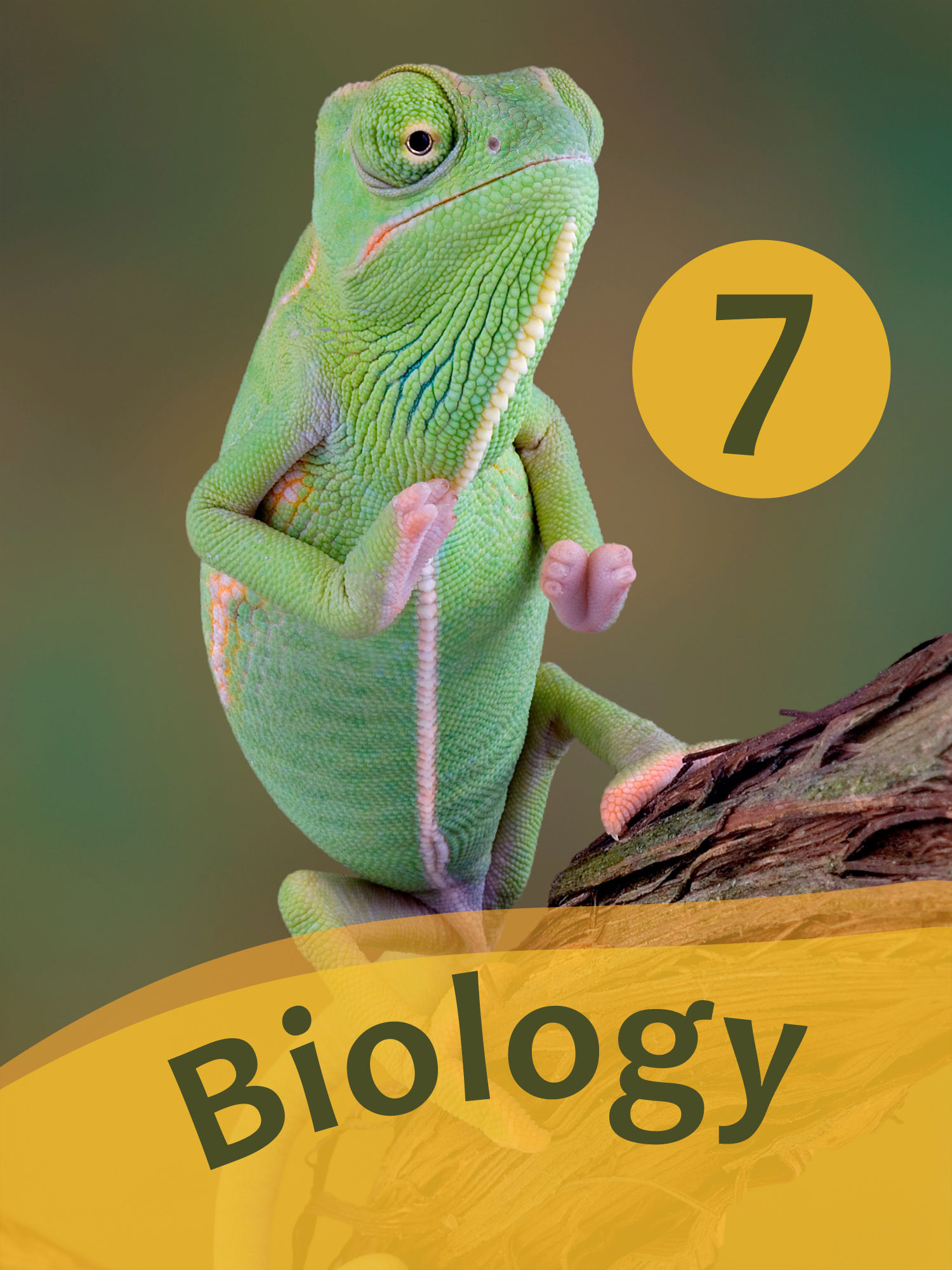
Autorid
Külli Relve, Anne Kirk, Arvo Tuvikene, Piret Pappel, Elari Hain, Eve Mägi, Aime Randveer, Ülle KollistÜlesandekogu autorid
Külli Relve, Edith Maasik, Helle Järvalt, Aiki Jõgeva, Merike Kilk, Ana Valdmann, Evi PiirsaluVäljaandja
Kuulub paketti

-
Õppekomplektis on 41 peatükki ning 410 ülesannet, millest 196 on õpikus ja 214 ülesandekogus.
-
Autorid
Külli Relve, Anne Kirk, Arvo Tuvikene, Piret Pappel, Elari Hain, Eve Mägi, Aime Randveer, Ülle Kollist -
Ülesandekogu autorid
Külli Relve, Edith Maasik, Helle Järvalt, Aiki Jõgeva, Merike Kilk, Ana Valdmann, Evi Piirsalu -
Aine
Bioloogia -
Klass
7. klass -
Teose keel
Inglise keel -
Väljaandja
Avita -
Õppekava
Riiklik õppekava 2011 -
Kuulub paketti
Erakasutaja 2024/25, Erakasutaja 2025/26, Õpilane 2024/25, Õpilane 2024/25 - SOODUSHIND!, Õpilane 2024/25 – isiklik, Õpilane 2024/25 isiklik: eesti ja venekeelne, Õpilane 2024/25: eesti ja venekeelne, Õpilane 2025/26, Õpilane 2025/26 – isiklik, Õpilane 2025/26 SOODUSHIND, Õpilane 2025/26: eesti ja venekeelne, Õpilane 2025/26: eesti- ja venekeelne - isiklik, Õpilane 2025/26: eesti- ja venekeelne - SOODUSHIND!
This e-textbook combines an Avita textbook and a workbook. The study set is divided into topic blocks, which in turn consist of chapters. The updated and corrected material is presented in an age-appropriate and interesting manner. Each chapter begins with guiding questions and key concepts. To make the subject easier to acquire, the study kit includes more photos and illustrations, videos and links to related websites. Additional texts with interesting facts differ from the main text. In order to better acquire the topics covered, the textbook contains tasks and practical work that require the application of the natural scientific method and the use of ICT. Class 7 deals with vertebrate animals, their characteristics and life processes. All vertebrate groups and the metabolism, reproduction and development of vertebrates are studied. In addition to the study text and illustrations, the study set includes questions and tasks that help the student to record what he or she has read and to check the comprehension of the text. Each chapter has a set of assignments from which the teacher can assign assignments for homework, class work or grading, both individually and for the whole class. Tasks develop both creativity and critical thinking. The answers to all the tasks can be checked and evaluated by the teacher. In the case of fact-based tasks, the teacher is given the correct answers. Both teachers and students can supplement the study set with their material. The teacher can also make his / her own extras available to students. The publisher confirms that the textbook complies with the national curriculum of middle school level and the requirements for study literature established by the Minister of Education and Science.
1. Field of Research of Biology
Järg |
Peatükk |
|---|---|
| 1.1. |
What is science?
Tasuta tutvumiseks! |
| 1.2. | Research methods |
| 1.3. | In what way are different organisms alive? |
| 1.4. | Why and how are organisms classified? |
| 1.5. | Think and act |
| 1.6. | Revision tasks and tests for students |
2. Characteristics of Vertebrates
Järg |
Peatükk |
|---|---|
| 2.1. | Vertebrate and invertebrate animals |
| 2.2. | Senses are the window to the world |
| 2.3. | Fish have adapted to live in the water |
| 2.4. | Why are fish important? |
| 2.5. | What are amphibians? |
| 2.6. | Why are amphibians important? |
| 2.7. | Think and act |
| 2.8. | Revision tasks |
| 2.9. | Do all reptiles crawl? |
| 2.10. | Why are reptiles important? |
| 2.11. | Birds have adapted to fly |
| 2.12. | Why are birds important? |
| 2.13. | Why are mammals hairy? |
| 2.14. | Why are mammals important? |
| 2.15. | Think and act |
| 2.16. | Revision tasks and tests for students |
3. Metabolism of Vertebrates
4. Reproduction and Development of Vertebrates
Järg |
Peatükk |
|---|---|
| 4.1. | How do vertebrates reproduce? |
| 4.2. | What happens to a fertilised egg? |
| 4.3. | Development through metamorphosis |
| 4.4. | Who takes care of offspring? |
| 4.5. | Think and act |
| 4.6. | Revision tasks and tests for students |
5. Extra
Järg |
Peatükk |
|---|---|
| 5.1. | Characteristics of vertebrate animals |
| 5.2. | Structure of a microscope and making a specimen slide |
| 5.3. | Scientific research method |
| 5.4. | Impressum |
6. Lisad
Järg |
Peatükk |
|---|---|
| 6.1. | Terms and definitions |
